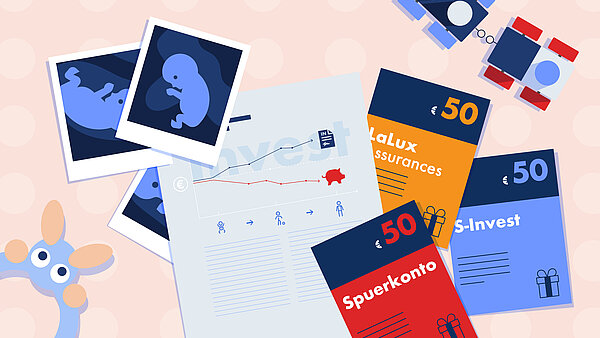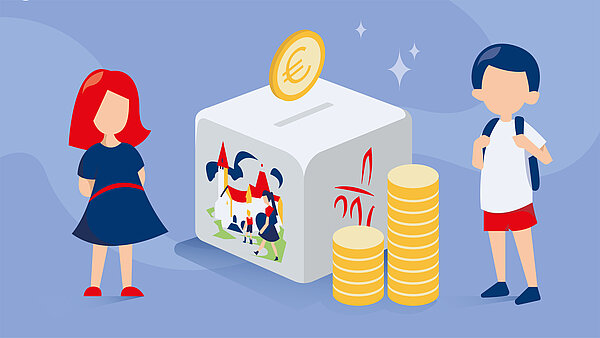Let’s talk money: How to best introduce pocket money in your financial parenting journey?
According to recent studies, a great deal of children grow up not knowing how money is earned or managed. In their daily adult life, a lack of financial skills can lead to unnecessary stress that is entirely preventable. Teaching money skills to your children is as important as learning to read and write or brushing their teeth. We talked to Dr Mara Catherine Harvey, CEO of VP Bank (Switzerland) Ltd and Head Region Europe, and founder of SmartWayToStart.com, about pocket money and embarking on your financial parenting journey. Happy Reading!
![[Translate to English:] [Translate to English:]](/fileadmin/_processed_/7/5/csm_377_EXP_Dr._Mara_Harvey_f690e2d6b2.jpg)



![[Translate to English:] [Translate to English:]](/fileadmin/_processed_/3/9/csm_249__Portrait__Angele_Schmitz__Interview_aad2e1bb30.jpg)
![[Translate to English:] [Translate to English:]](/fileadmin/_processed_/1/e/csm_378_EXP_Tahereh_Pazouki_2b1dd7e2ca.jpg)
![[Translate to English:] [Translate to English:]](/fileadmin/_processed_/3/5/csm_Jessica_Thyrion_ABBL_Parlons_d_argent_e5b1ae04d9.jpg)

![[Translate to English:] [Translate to English:]](/fileadmin/_processed_/2/9/csm_353__EXP__Filipe_Dos_Santos_Coimbra__Spuerkeess_155633cf0f.jpg)
![[Translate to English:] [Translate to English:]](/fileadmin/_processed_/8/f/csm_272__FIN__Que_faire_apres_l_unif__01_0f17e00166.jpg)
![[Translate to English:] [Translate to English:]](/fileadmin/_processed_/8/6/csm_342__Rentree_scolaire__jeune_avec_smartphone_et_app_bancaires_096fab7fb6.jpg)
![[Translate to English:] [Translate to English:]](/fileadmin/_processed_/d/2/csm_AideFi_Diplome_88d34755dd.png)

![[Translate to English:] Budget, well-being, Relaxed couple contemplating their finances](/fileadmin/_processed_/1/9/csm_311__FIN__Mon_budget_mon_bien-etre__1__d02469e82e.jpg)
